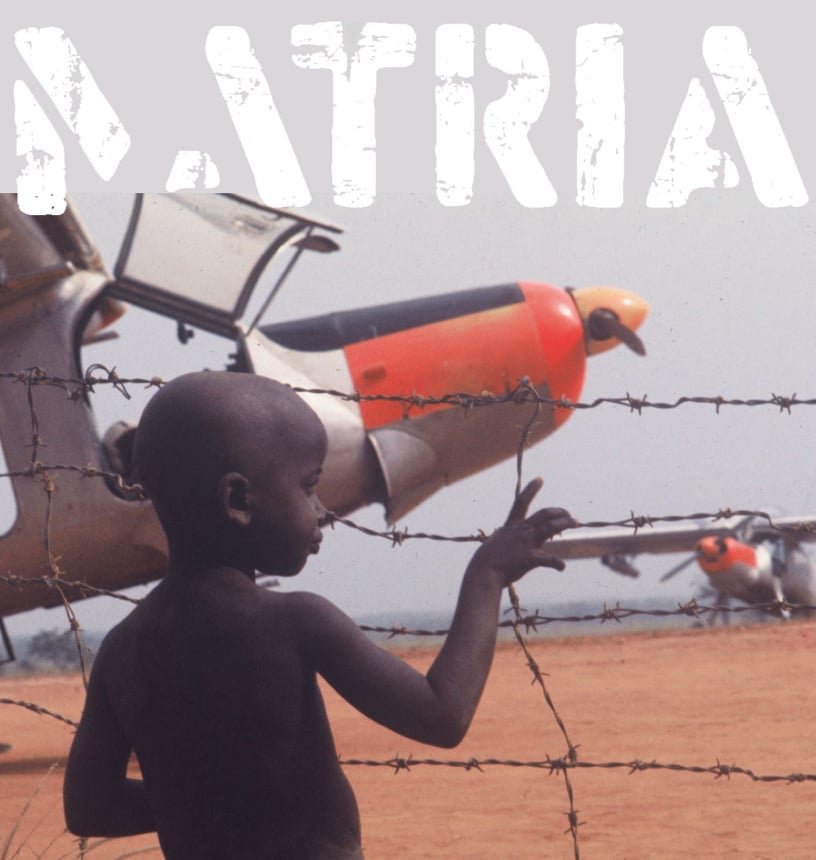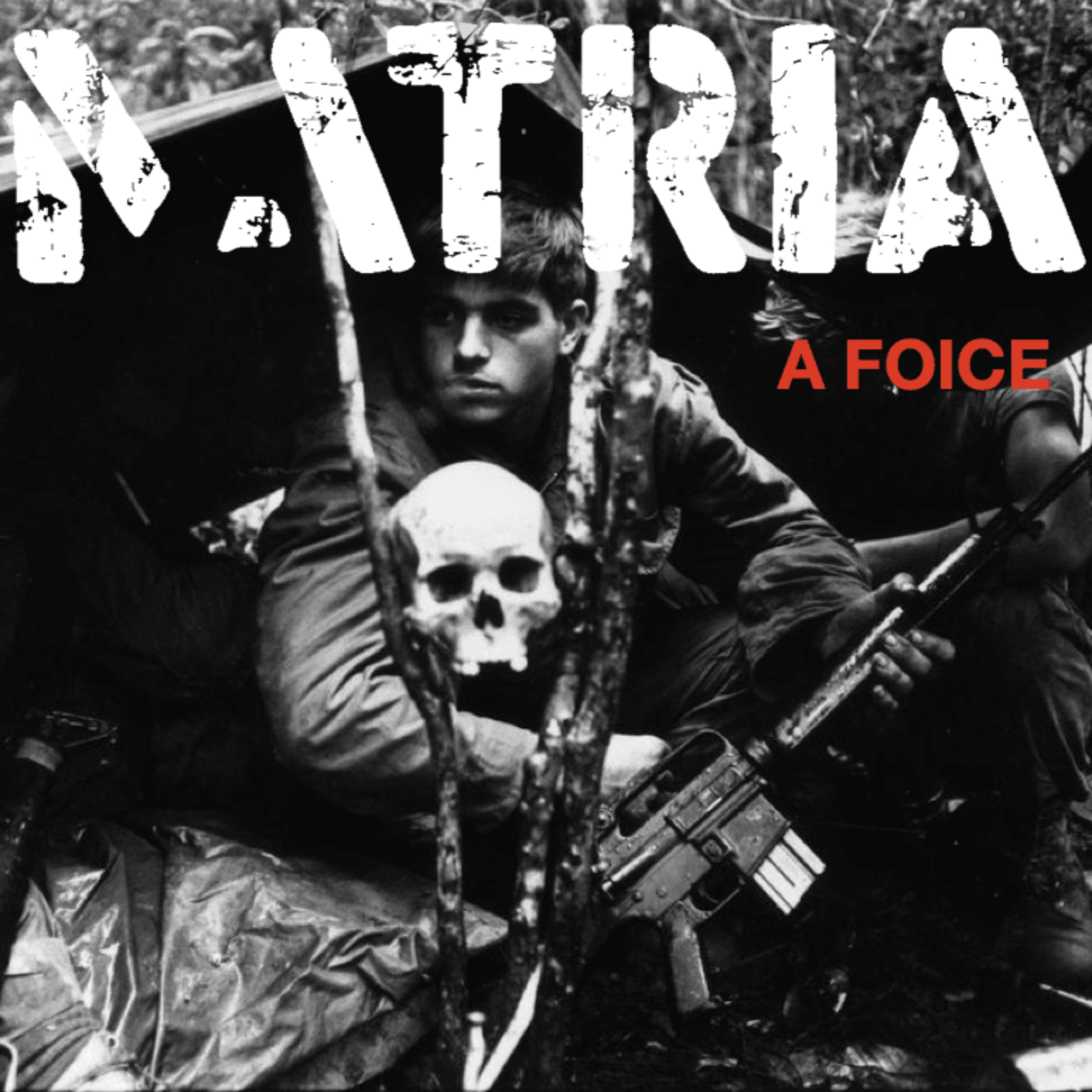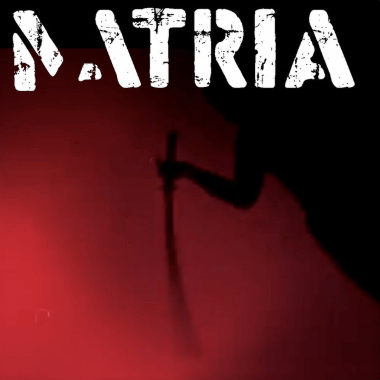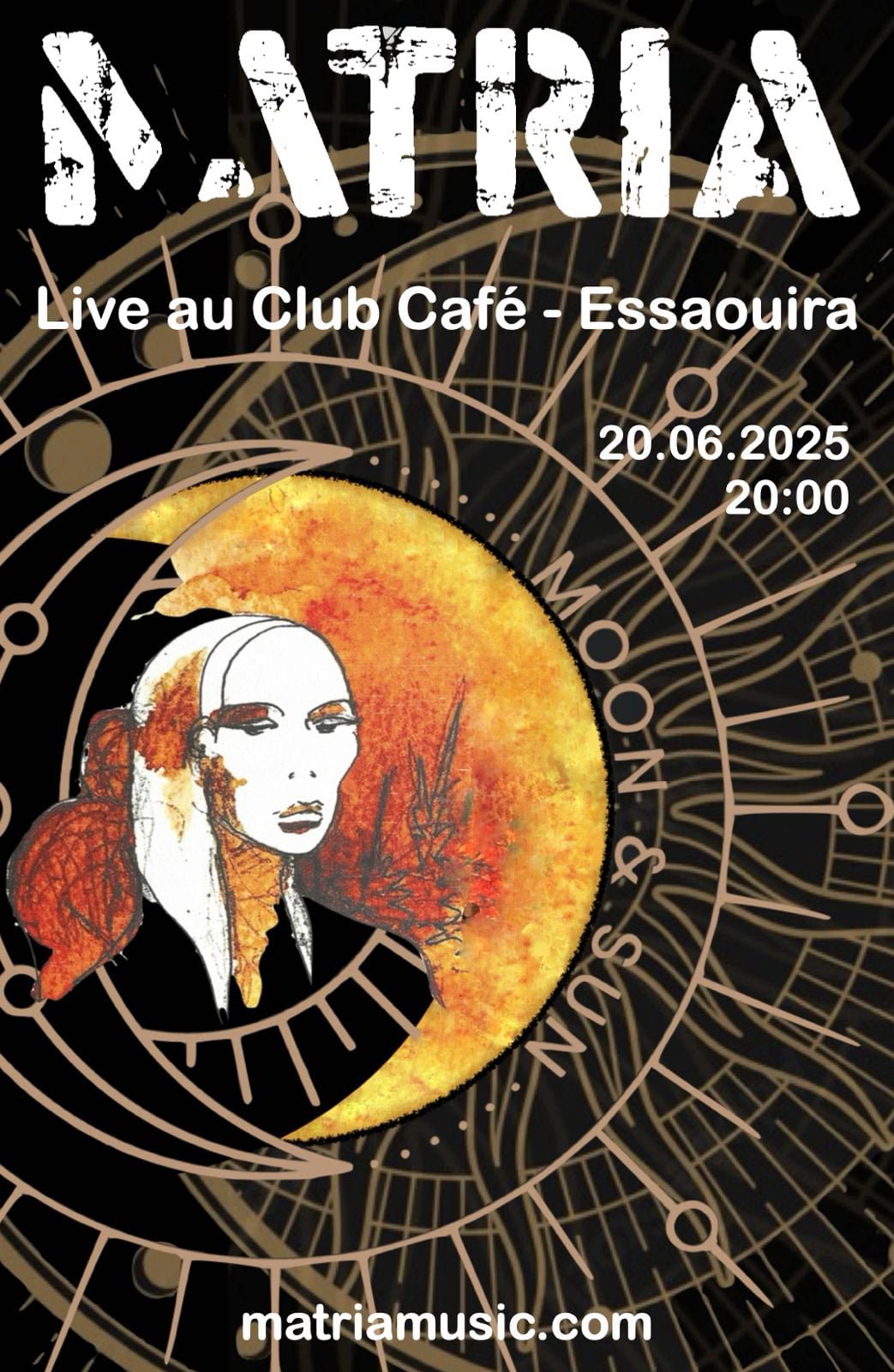


Live Concert

Our latest single is available now
Unashamedly eclectic, heteronomous and without taboos, Matria (re)veils its children once again in the egg, were it not for music as its universal vehicle. Mátria is thus an interstitial project made up of (and in) journeys, stories of separations, disagreements and reunions. It recreates spaces and places that are so far away and seemingly so close, in this 21st century, the Century of Mobility, Babylon made up of new nomads and migrant lives, where identities and odysseys flow away in the vulgate of Queirosian coffee conversations and the prosaic and eternal boorish "this is not what it used to be". (Was it ever?)
As Keith Richards would say: "Less rock, more roll..." this could be another mantra, stolen back from the mine and which drives this musical project forward, avoiding the paths blazed in the reinterpretation of cultural sounds forged in harbour towns (inevitable birthplaces of musical transgenres avant la lettre).
Transgenerational and transnational, so too are the nuances of the matrix, where sometimes a lament, a choro, a flamenco or a touareg blues echoes, by vocation or intuition, beyond the commonplaces of the best-known paths of popular music or any designation of "world music", for lack of a better "fado". Searching for primordial sources, scattered fragments, parchments at the limits of identities, in a Babel of languages that reach us, whispered in our ears, or in the media violence of the inevitably digital post-modern condition, in the indefiniteness of possibilities, in the origins of phonetics where the re-inventions of the universalities and affinities that shape us (re)begin.
One of the primordial sources we've been looking for is African Gnawa, the "father" of American blues, the song of the black slaves of the Maghreb, whose origin is lost in the night of time, before the western "Volta da Mina", of those who left for the Lands of Pau Brasil, to Jamaica or Louisiana, and perhaps closer to Fado, Flamenco and Ladino than any Marrano Jew, Portuguese mozarabe or American bluesman from the Mississippi Delta can imagine (Hendrix, Brian Jones and K. R., for example). R., Another is Qawwali, a sublime Sufi devotional chant that originated in the Indian subcontinent, and which is perhaps closer to the telluric spirituality of Cante Alentejano than we might realise - whoever understands (Jeff Buckley understood). And yet... so many paths still to explore... so many stories to share.
"We shall not cease from exploration / And the end of all our exploring / Will be to arrive where we started / And know the place for the first time." (T.S. Eliot)
In short: from the sacred to the profane, from the erudite to the vernacular, from crying to laughter, from the grandiose to the uterine, from the high that rests in the deep, from the sublime to parody, the solar and lunar cycles breathe in and out, animate the primordial waters and renew the "soul" of the Siderean South distilled in the tales of the children of the Motherland. Even if, in order to reintegrate migrant lives fleeing wars, misery or blood and soul disputes, languages have to be reinvented, in the encounter around the corner, in the simplicity of the imponderable, in the abyss of the comedy of everyday life, rescuing the fire from the gods at the expense of "old and profane Rock'n Roll". A miracle a day. No bollocks. Because our greatest enemy is ourselves.
But that, as Kipling would say, is another story...
Tune in to our social media pages for the library, updates, videoclips, to take a look behind-the-scenes and more!
Keep an eye on our socials for updates on upcoming gigs and festivals.
Coming soon!